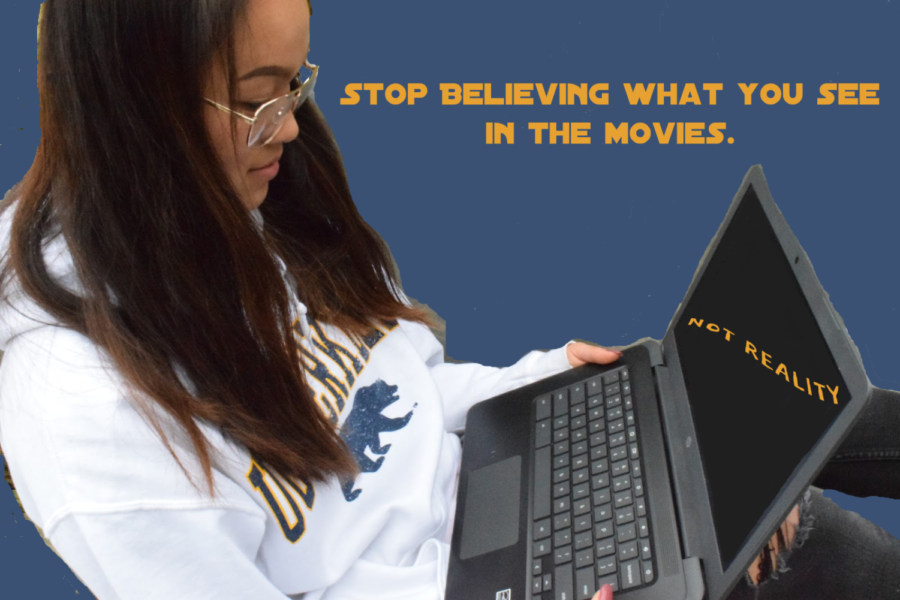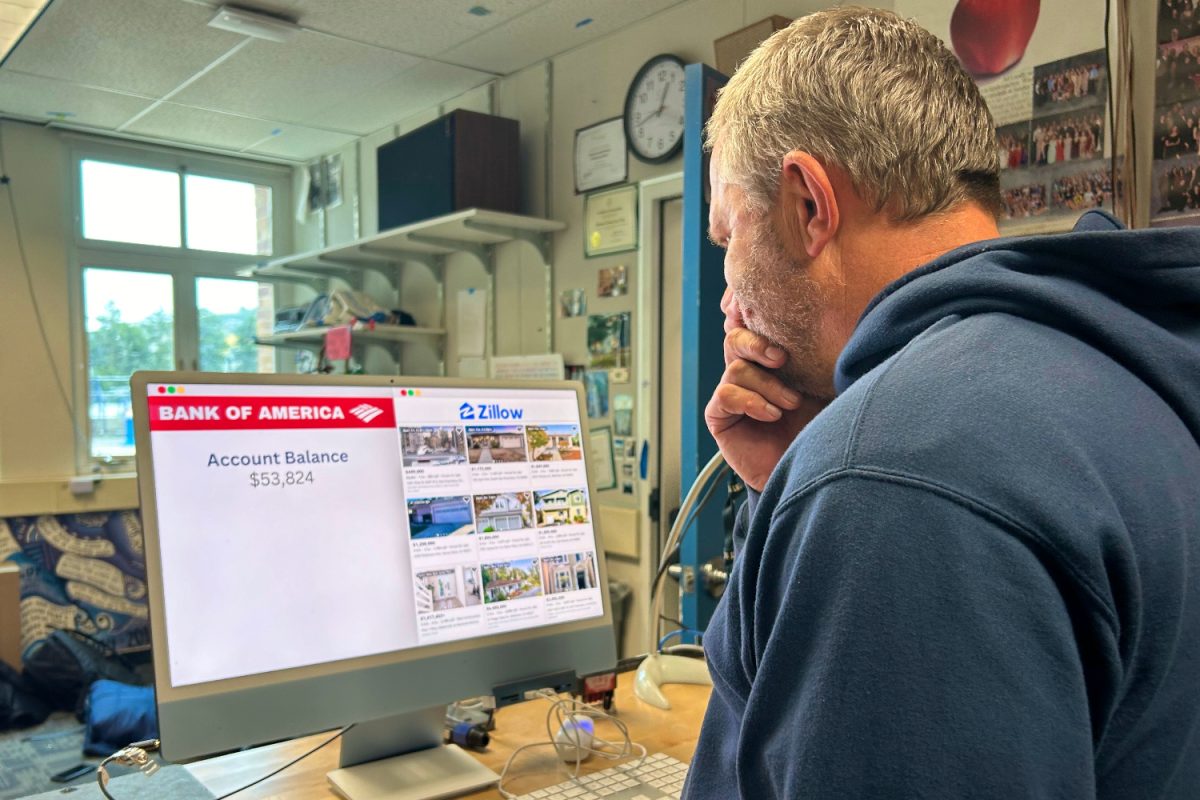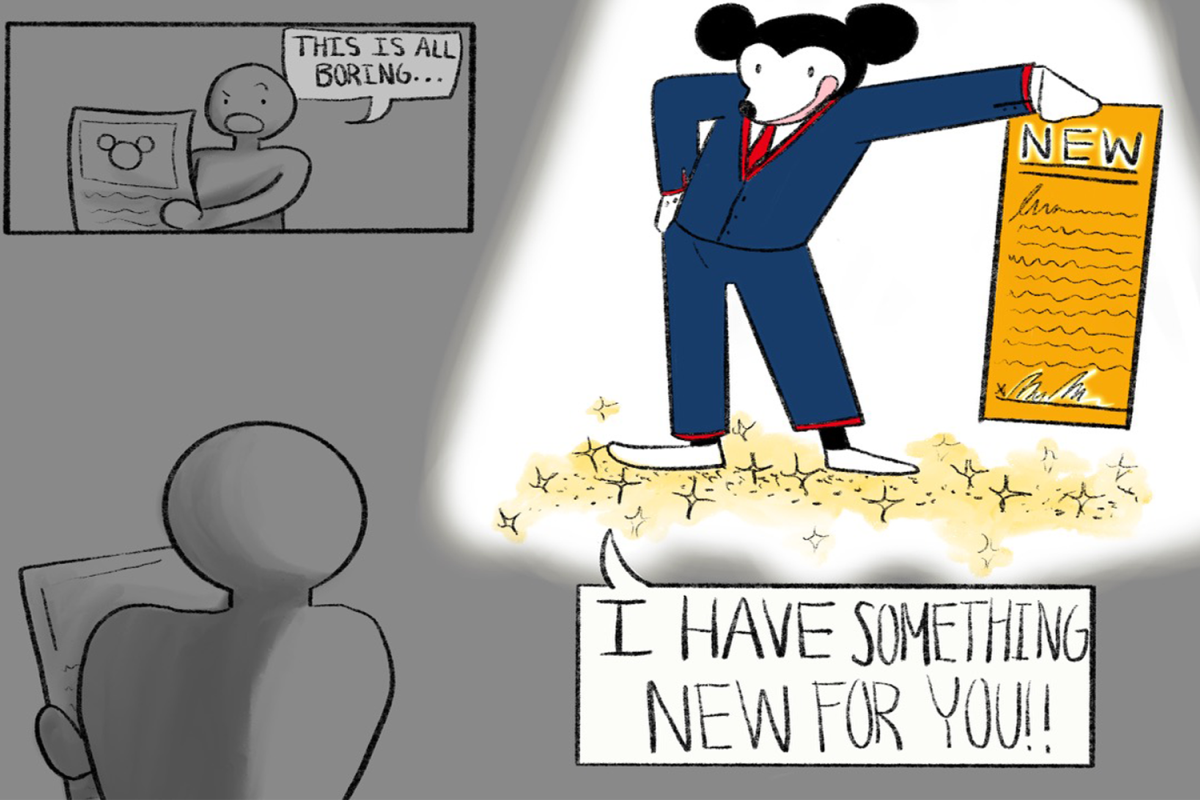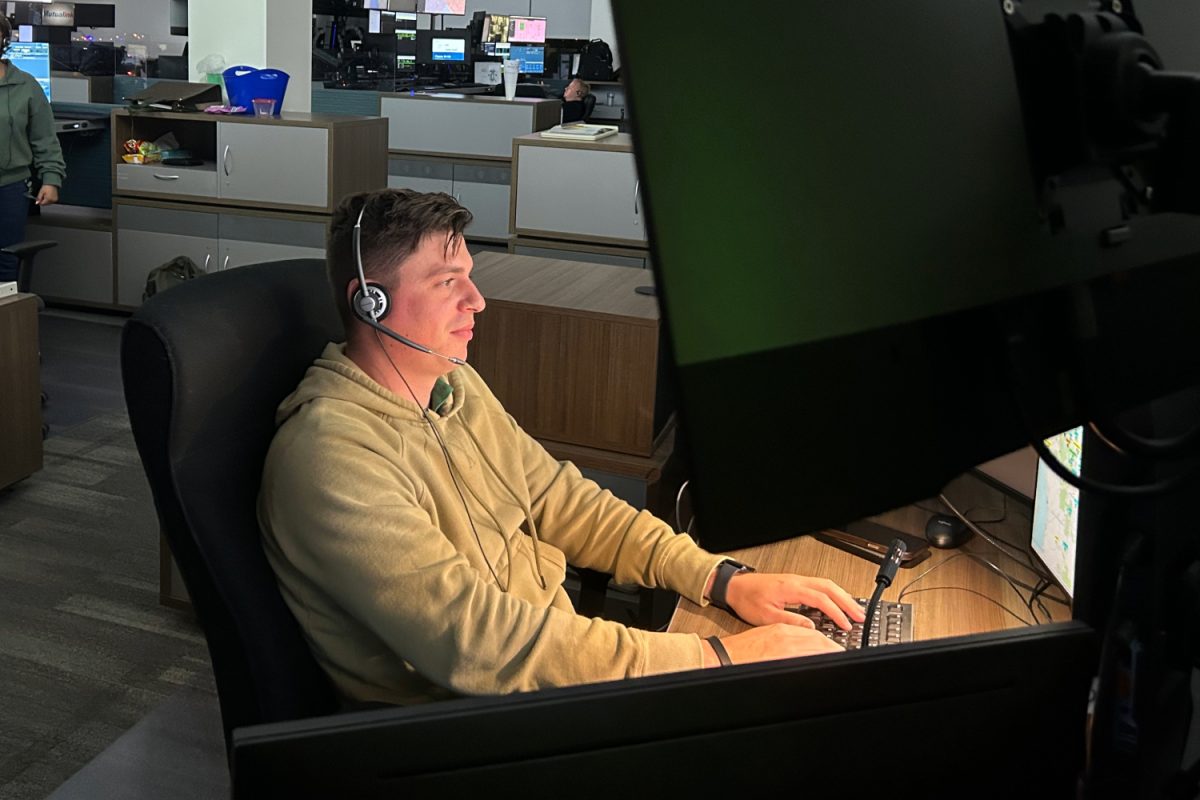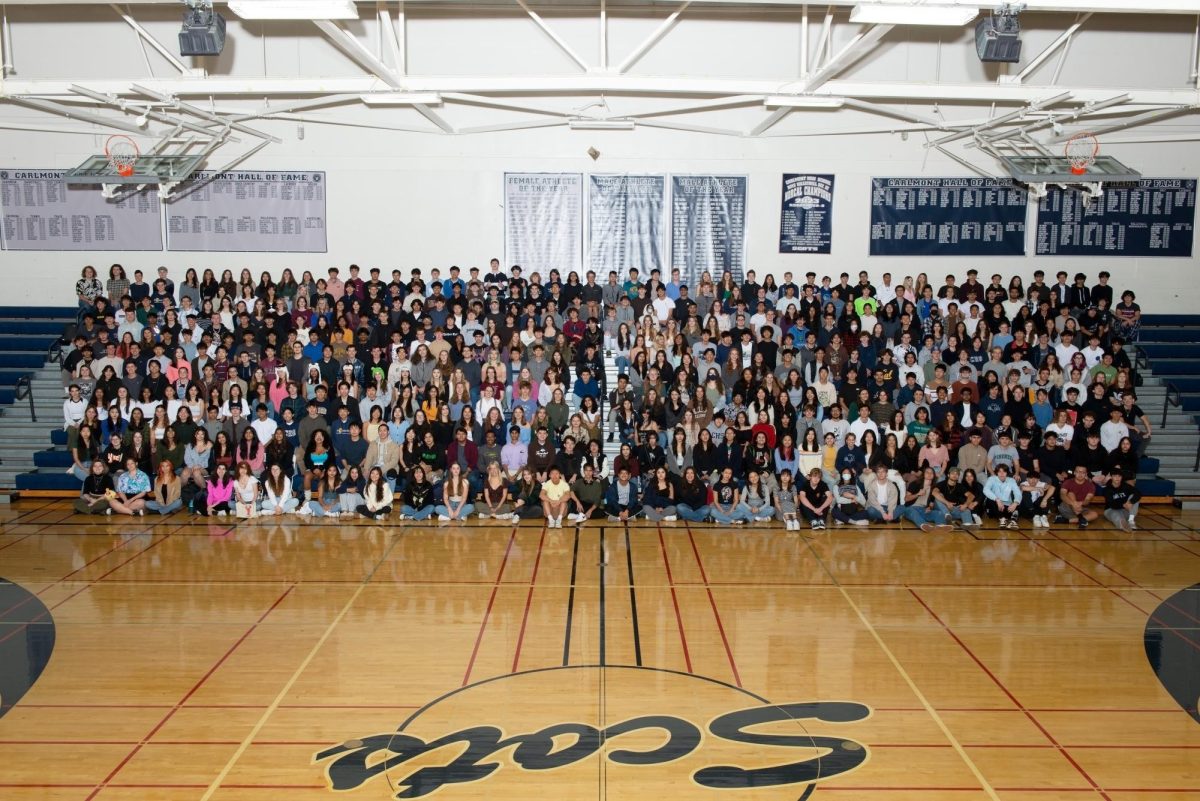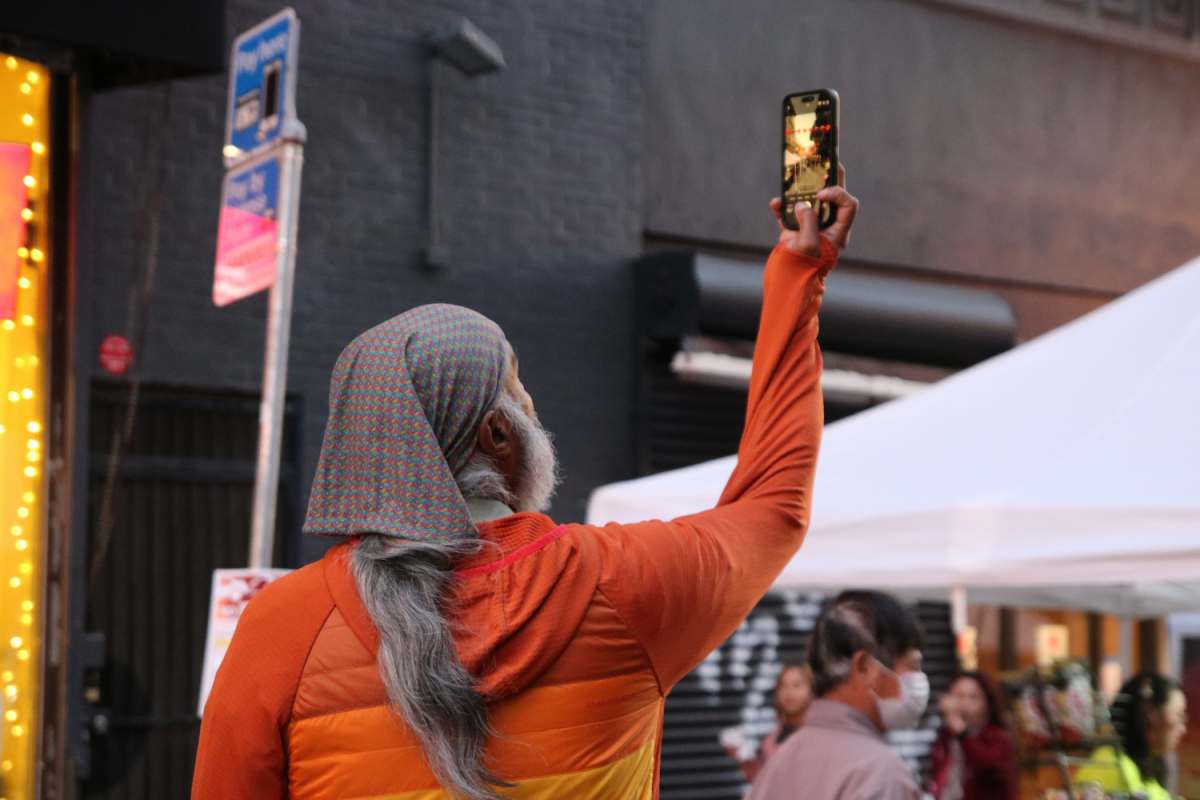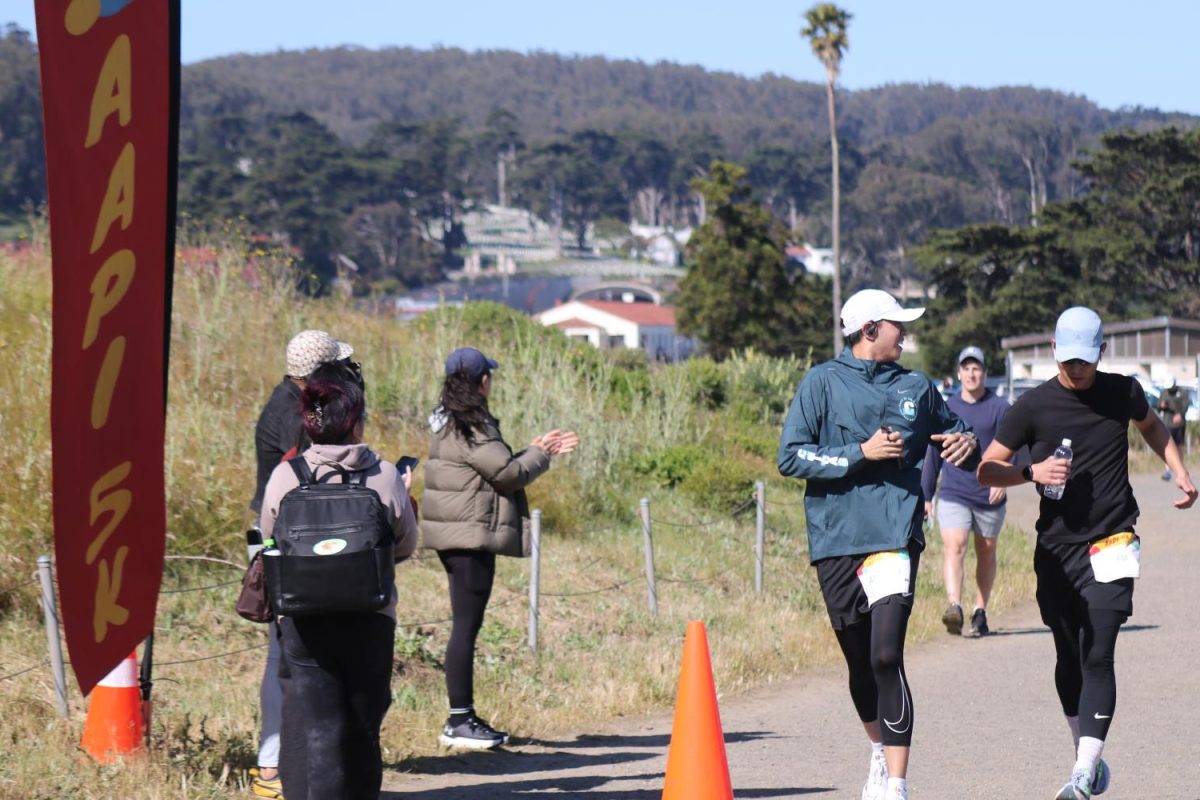Oftentimes, what is depicted in Hollywood doesn’t accurately reflect reality.
However, people sometimes base their career aspirations on what they see in the movies, as they tend to believe that the careers depicted aren’t falsely portrayed.
This industry began in the early 1900s when Hollywood was created by individuals who had just made advancements in media. Starting with the silent movies of the early 1920s, the industry boomed as more and more people became interested in the new concept of motion pictures.
Movies soon gained audio and audiences were intrigued by the new technology. However, these new advancements soon weren’t sufficient enough to engage the audience.
As time went on, screenwriters developed more complex storylines and some chose to exaggerate their characters’ careers to peak the audience’s interest. Filmmakers also chose to play into stereotypes of races and careers to streamline character development.
Today, the film industry represents false depictions of reality, just as it did early on. This can be especially seen in the ‘Indiana Jones’ franchise, as it prioritizes maintaining drama over authenticity.
Fred Hiebert, an archaeologist at National Geographic, said, “Indiana Jones kind of sucks as an archaeologist … Unlike Indiana Jones, I actually have to write research proposals and reports, take field notes and photographs. The big difference is that massive parts of the archaeological job — from creating and testing a hypothesis to raising money to getting permits and tools — are glossed over by Hollywood.”
The work real archaeologists do starts with research and obtaining permits, then an excavation or other fieldwork occurs. Artifacts are later taken back to a lab and data is analyzed and interpreted. As William Parkinson, an archaeologist at the Field Museum and the University of Illinois at Chicago, points out, such work isn’t fully represented in the films even though George Lucas modeled Indiana Jones after real archaeologists like Hiram Bingham, Roy Chapman Andrews, and Sir Leonard Woolley.
“The films represent the ‘loot and scoot’ school of archaeology, not at all the way it’s really done. The painstaking recording and documentation of every phase of a dig tells us as much as the object retrieved. What the films do, though, is create that sense of awe and mystery that comes when we try to uncover the past,” Parkinson said.
Although the process of excavation is often glossed over by Hollywood in the franchise, many people have been inspired by the false portrayal of the career.
“The ‘Indiana Jones’ films have broadened the scope of archaeology and made the field more relevant — and exciting — to people everywhere,” Hiebert said.
John Rhys-Davies, the actor for the Egyptian excavator Sallah in two of the “Indiana Jones” films, shares Hiebert’s sentiments.
“I must have met at least 150 or 160 full professors, lecturers, and practicing archaeologists who have come up to me to say their first interest in archaeology began when they saw ‘Raiders of the Lost Ark,'” Rhys-Davies said.
Both believe that in the case of “Indiana Jones” the exaggeration of the field has brought more benefit than harm to those who choose to pursue it.
“These films introduced so many people to archaeology. We can document their impact statistically, based on the number of archaeology students before and after the first film. Some of the best archaeologists in the world today say Indiana Jones was what sparked their initial interest. That’s a great legacy for George Lucas — and for the relationship between popular media and science,” Hiebert said.

Indiana Jones kind of sucks as an archaeologist!
— William Parkinson
Aside from the distortion of plot or careers, screenwriters must also think about the behavior and actions of their characters. For writers, an understanding of psychology and human nature is vital in order to make realistic characters. One strategy they use, in particular, is developing a character who is driven by their id which, according to Sigmund Freud, allows basic needs to be met.
Saul McLeod, who is currently undertaking a Ph.D. at The University of Manchester, said, “The id is the primitive and instinctive component of personality. It is the impulsive and part of our psyche which responds directly and immediately to basic urges, needs, and desires. The personality of the newborn child is all id and only later does it develop an ego and superego.”
In an attempt to engage the audience, writers tend to exaggerate their character’s id, whereas in the real world, the id is kept in check by the ego and superego; however, by only using the id to develop their character, writers may mislead their audiences since the characters seem to act solely on impulse rather than based on reason.
Ultimately, Parkinson, Hiebert, Rhys-Davies don’t seem to mind that the films portray archaeology inaccurately, as they all enjoy the exposure the career gets from the franchise.

If you can’t make reality interesting, how are you going to make anything interesting?
— Victoria Valle Remond
“The fact of the matter is, people love the movies and they’re excited about it and they don’t want to get beaten over the head with a bunch of academic boringness,” Parkinson said.
However, not everyone agrees with Parkinson’s sentiment, including Victoria Valle Remond, who will be attending film school in the fall for screenwriting, editing, and production.
Valle Remond said, “I think eliminating accuracy because it would make the story ‘boring’ is pure laziness from a creator. I don’t accept that accuracy would make a movie boring. If you can’t make reality interesting, how are you going to make anything interesting?”
Brian Nunes, a filmmaker, steered away from the “Hollywood” element of film in college because it rang so false to him. However, he recognizes that such hyperbolic thinking is engrained within the industry.
Nunes said, “It’s only natural for storytellers to engage in a sort of magical metaphorical thinking or at the very least, embellishment of the truth.”
So, whether the audience agrees with the ethics of exaggeration or not, it looks like such storytelling is here to stay.


